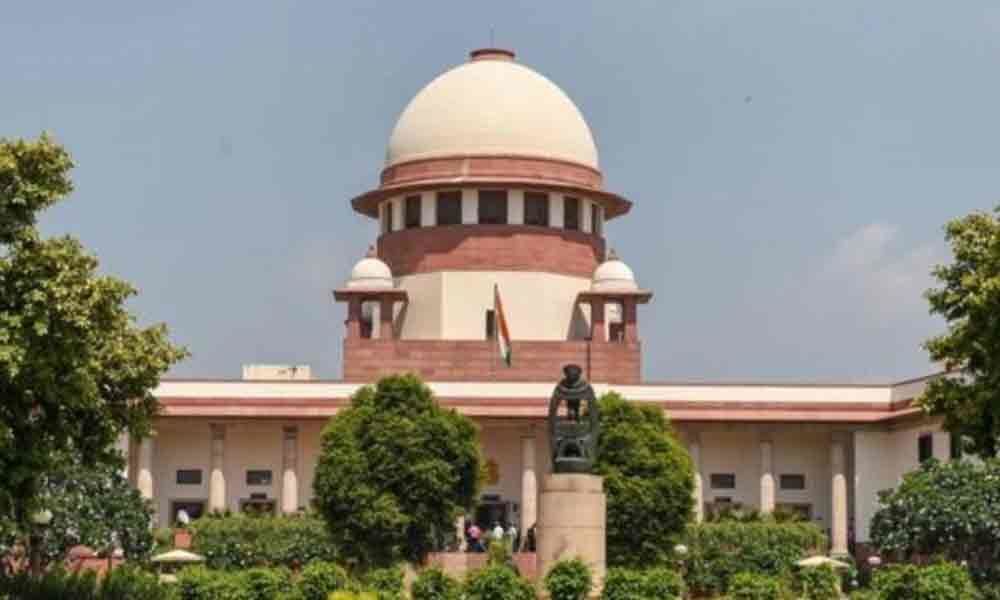No one can claim right over Lord Ram's birth place
 No one can claim right over Lord Ram’s birth place
No one can claim right over Lord Ram’s birth placeThe birthplace of Lord Ram at Ayodhya is itself a deity and no one can claim ownership right over the sacred place by merely putting up a structure like a mosque, a counsel for 'Ram Lalla' told the Supreme Court on Wednesday.
New Delhi : The birthplace of Lord Ram at Ayodhya is itself a deity and no one can claim ownership right over the sacred place by merely putting up a structure like a mosque, a counsel for 'Ram Lalla' told the Supreme Court on Wednesday.
'Ram Lalla Virajman', a deity which is one of the parties in the decades old Ramjanam Bhoomi-Babri Masjid dispute, said that 'Hindus' have always asserted and practised their right to worship at the 'Janamsthan' or birthplace.
A five-Judge bench headed by Chief Justice Ranjan Gogoi, which was hearing the title dispute case on the 9th-day, was told by senior advocate C S Vaidyanathan, counsel for the deity, that neither Nirmohi Akhara nor the Muslim parties can take benefit of legal principal of adverse possession to claim ownership right over the 2.77 acre disputed land in Ayodhya.
The doctrine of adverse possession comes into play when a person, who does not have the title of the property but can become its owner on the ground of his possession, on the ground that the original owner did not evict him for 12 years. "Hindus have always asserted their right to worship at the birthplace and therefore it cannot be a case of adverse possession.
Adverse possession comes into effect in the case of an alienable property and here the property, being the birthplace, assumes the character of the deity and hence becomes inalienable," Vaidyanathan told the bench also comprising Justices S A Bobde, DY Chandrachud, Ashok Bhushan and S Abdul Nazeer.
"If the property itself is the birthplace of Lord Ram then no one claim ownership right over it by merely putting up any structures like mosque," he said. Vaidyanathan, who advanced his argument for almost five-days, concluded his submissions on Wednesday and referred to various judgement to buttress his point that no body can take benefit of adverse possession to claim ownership rights.
Opposing the claim of Hindu body Nirmohi Akhara, which was granted one-third of the disputed land by the Allahabad High Court, the counsel for the diety said: "Under the law, an idol is always considered as a perpetual minor and its 'Shabait' (devotee) or trustee cannot alienate or claim right over the property on the ground of adverse possession as against their own deity."








